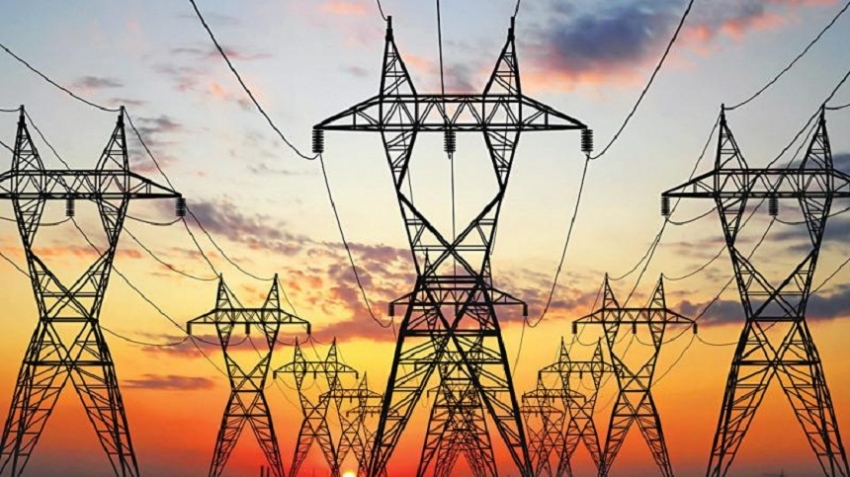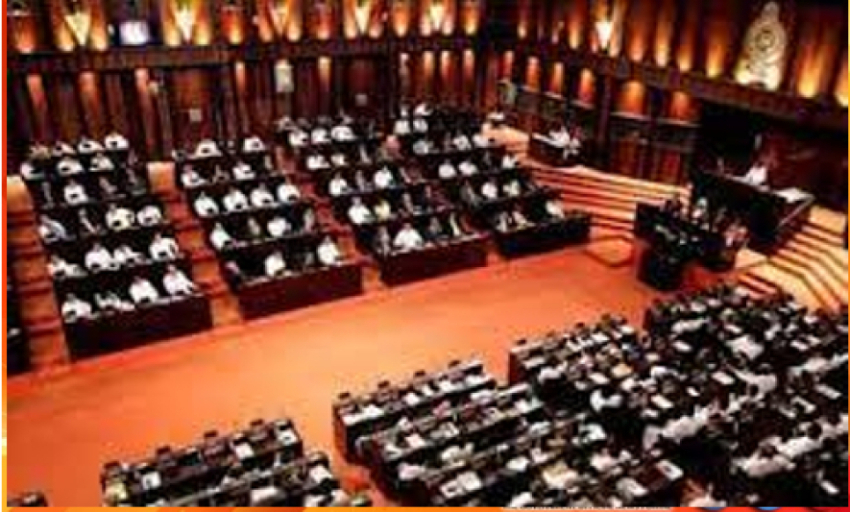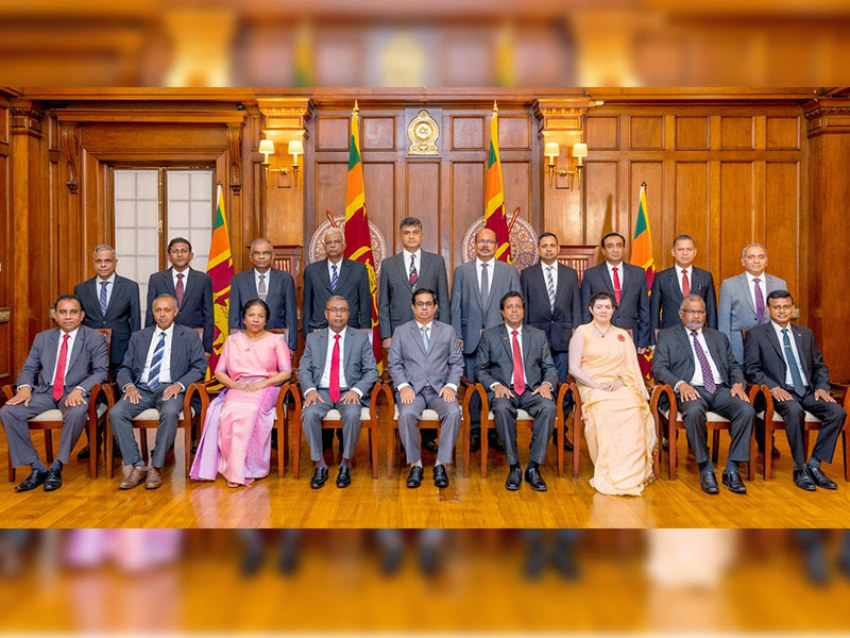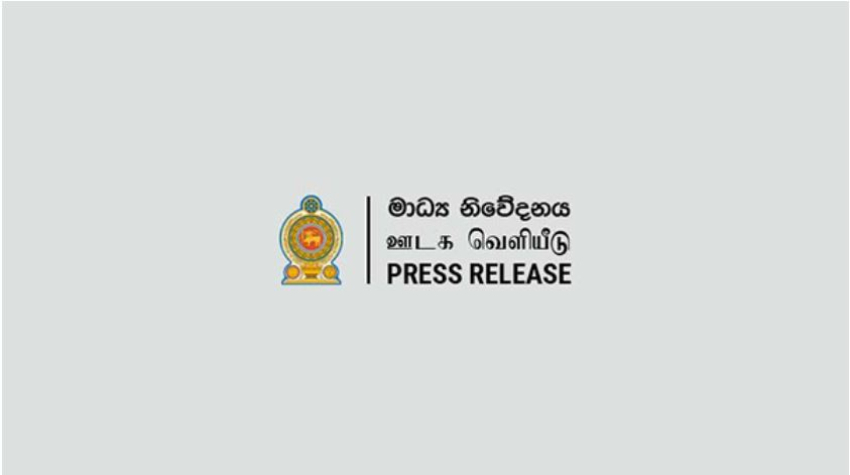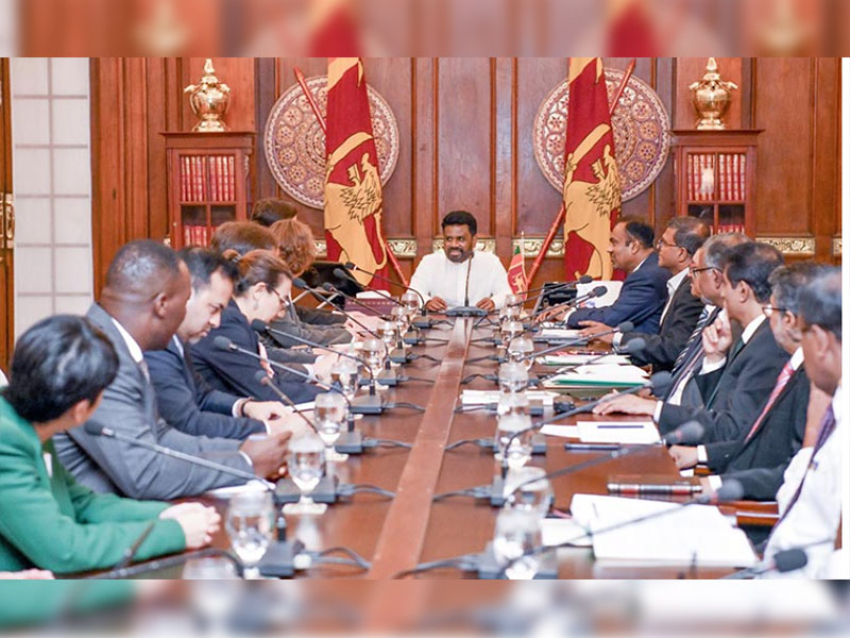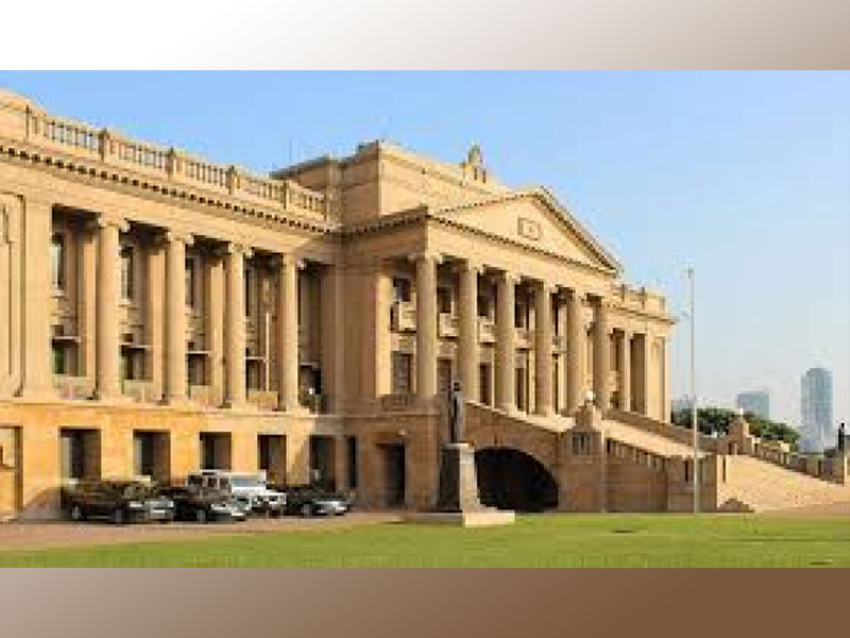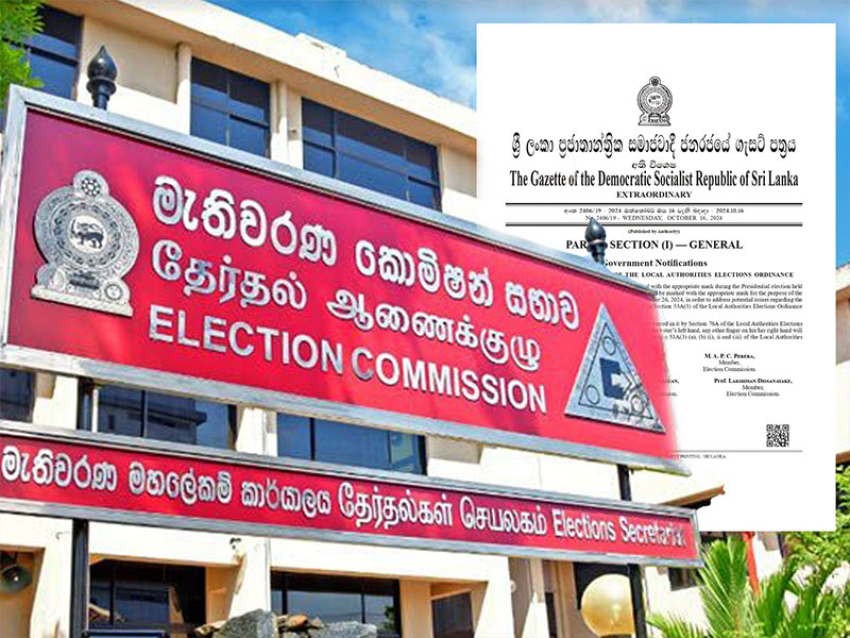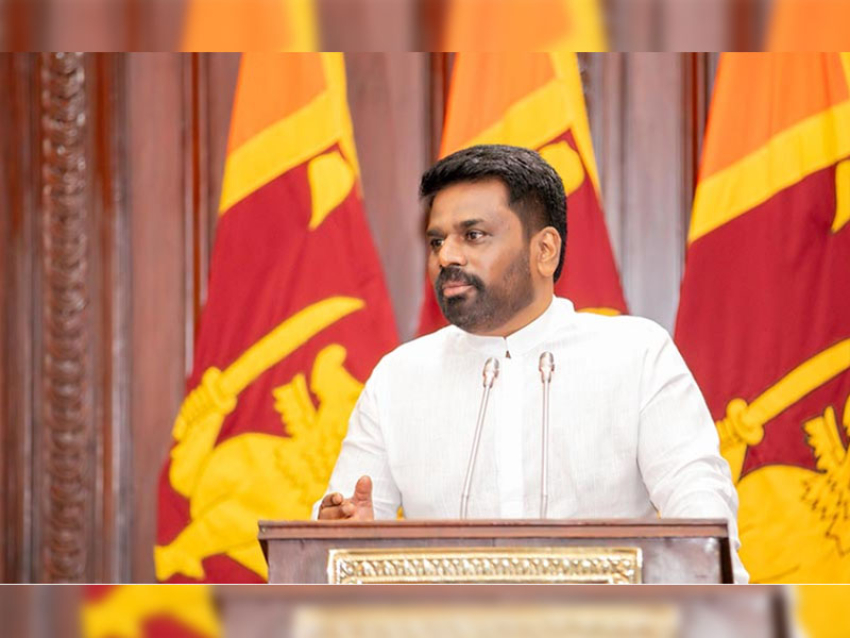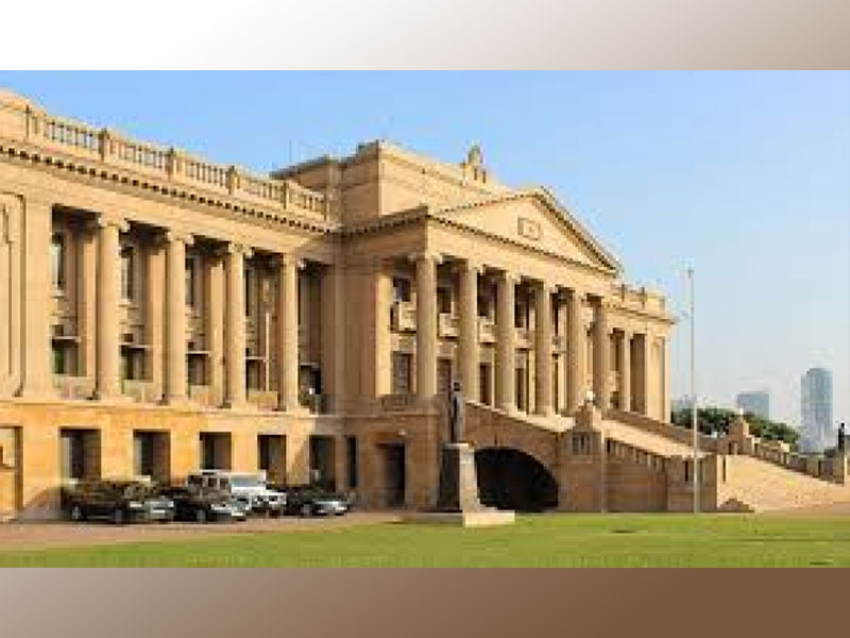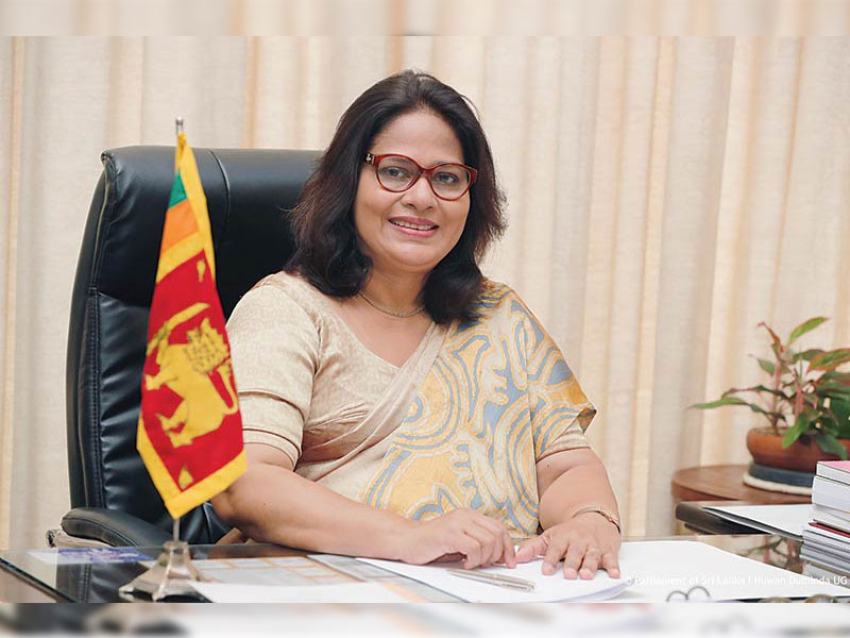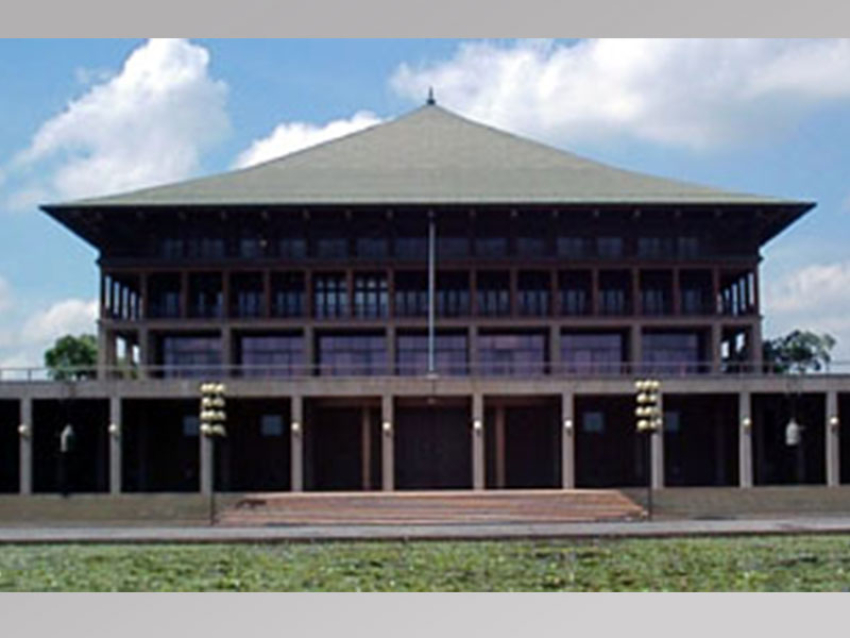While the independent regulatory commission has failed to provide tariff hikes since 2013 landing the CEB in more hot water, according to sources a majority of Independent Power Producers have also run up their credit limits with both the CPC and banks as the CEB is delaying to pay them.Meanwhile as Sri Lanka continues to experience dry weather, hydropower generation remains low and the closure of the Norochcholai power plant for repairs for over 100 days has also added to the woes of the CEB.
The increased consumption of power due to hot weather too has not helped. But on Januuary 3, an exceeded credit limit meant the CPC had to stop its fuel supply to the Kerawalapitiya power plant. According to CEB sources, power generation on January 3 had halted due to this reason leading to the power cuts.“The Ceylon Petroleum Corporation stopped fuel supplies to the Kerawalapitiya power plant because the credit limit has been exceeded,” the Power Ministry said in a statement.
According to the Government, the delay in implementing proposed electrical power plant projects had led to the CEB facing this serious crisis.“The Ceylon Electricity Board has to face a serious challenge to meet the electricity demand of the country. No power plants have started in the past five years. That’s the main problem.“That is why we have to get electricity from diesel power plants at very high prices,” Minister of Power and Energy Mahinda Amaraweera said.
Any further power cuts were only averted after Minister Amaraweera stepped in by requesting the CPC to provide the necessary fuel to ensure an uninterrupted power supply.But despite its reasons, the decision made by the CEB to carry out the power cuts unannounced has not sat well with the authorities. In fact, the utility regulator, the Public Utilities Commission of Sri Lanka has requested the CEB to explain its actions. espite the circumstances under the provisions of the Sri Lanka Electricity Act No 20 of 2009 the CEB cannot carry out power cuts without the approval of the PUCSL or announcing it to the public.
“As per section 10 of Condition 30 of the Electricity Transmission and Bulk Supply License (License Number -EL/T/09-002) issued to the Ceylon Electricity Board, the Transmission Licensee is required to obtain prior approval of the Commission for every scheduled interruption of electricity supply other than the interruptions necessary due to maintenance,” the PUCSL pointed out in its letter to the General Manager of the CEB. “However, the Licensee had failed to obtain the approval of the Commission for such load shedding and thus had violated the said condition of the transmission License that amounts to committing of an offense under the provisions of the Sri Lanka Electricity Act No 20 of 2009 (as amended).” it further read.
While the CEB is yet to respond to the PUCSL and has been given till February 12 to do so, Minister Mahinda Amaraweera has now also appointed a committee to probe into the matter. According to Ministry officials, the Minister has requested Secretary to the Ministry of Power and Energy, Vasantha Perera to appoint a committee. Accordingly, a committee consisting of the Secretary to the State Ministry of Power and Energy Hemantha Samarakoon, Prof. Rahula Atalage, E.A Ratnaseela and Sulakshana Jayawardena has been appointed. The Minister has requested their report to be handed over on February 11. Meanwhile, the government has also assured continuous and uninterrupted power supply to the public. It has also decided to implement a number of emergency measures to avert a crisis.
As a result, Minister Amaraweera has put forward a number of cabinet proposals to be considered, including the construction of a power plant unit with a capacity of 300x2MW as an extension of the Norochcholai coal power plant, install an LNG plant with a capacity of 300MW as a joint venture between the CEB and India and Japan at Kerawalapitiya, construction of hydroelectricity plants will also be accelerated while it has also been agreed to implement projects to be funded by the Government of India for solar power generation with a loan grant of US dollars 100 million.
As for more short term measures, the Minister said the cabinet has approved the proposal to increase the credit limit of the CPC to Rs. 100 million. The CEB is also now in the process of negotiating with two banks to obtain a credit facility of Rs. 5 billion for the purpose of paying off part of its debts to the CPC.The Minister has also assured that the CEB will be made profitable in three years’ time allowing the government to lower the electricity tariff. The Minister said the public will not be burdened with the loss.

